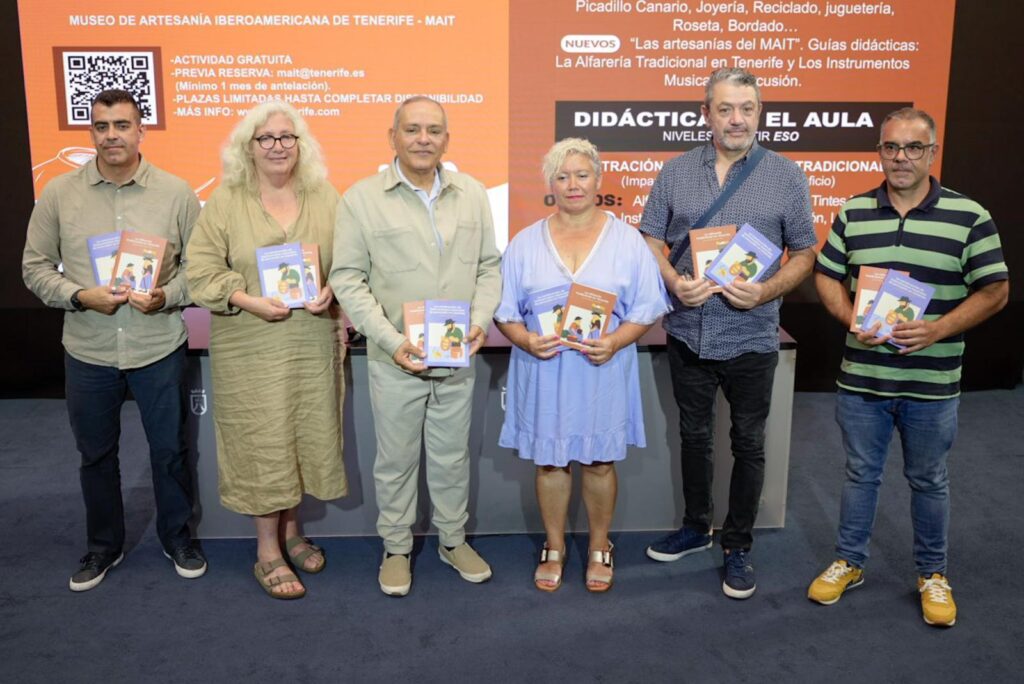In recent weeks, the discussion surrounding the implementation of elevating beds in tourist facilities within the Canary Islands has gained significant attention. The initiative, introduced by the Canarian Socialist Group on 17 September in the Parliament of the Canary Islands, was ultimately dismissed by the regional government. A debate took place in the regional chamber yesterday, sparking reactions from various political, social, and business sectors.
In the Balearic Islands, this approach has already shown success, with workplace accidents being reduced by as much as 50%. A report from the Balearic Institute of Occupational Safety and Health indicates that 27.25% of workplace incidents in the hotel sector of the Balearic Islands involve housekeepers. Consequently, in June of this year, a second funding initiative was approved, amounting to nearly 600,000 euros, aimed at approximately 87 tourist establishments, bringing the total subsidies to 4.5 million euros.
The Developments
During the session on 17 September, Socialist Group deputy Gustavo Santana included a revision of the Tourism Regulation Law in his address, intending to “modernise and enhance working conditions within the tourism sector.” Additionally, the project proposed the possibility of providing subsidies to smaller establishments, those with fewer than 50 rooms, to assist in the adoption of these beds, which are estimated to cost around 1,200 euros each.
Nonetheless, the Government of the Canary Islands, led by the Canary Coalition (CC) and the Popular Party (PP), contended that this was not the suitable method to resolve an issue impacting the entire Services sector and highlighted the necessity for a more comprehensive regulatory framework. Reports from the Department of Tourism and Employment and the General Directorate of Planning and Budget justified the rejection of this measure, citing the “extra cost” it would impose on both regional budgets and employers.
In his address to Parliament yesterday, the Employment spokesperson for the Socialist Group accused the Government of the Canary Islands of “obstructing” the improvement of working conditions for housekeepers in the region, labelling their move to “veto the alteration of the Tourism Law to mandate the installation of elevating beds in hotel complexes” as “serious and undemocratic.” Santana underscored that whilst regions like the Balearic Islands have seen a 50% decline in workplace accidents with the implementation of these beds, the rate in the Canary Islands has escalated.
Responding to these claims, Jéssica de León, the Minister of Tourism and Employment, announced that occupational risk prevention technicians are currently evaluating 228 hotels across all the islands to implement measures aimed at alleviating the workload of housekeepers.
De León also noted that an ergonomic study is underway, with results pending submission to the Ministry of Labour, and clarified that her administration is already allocating 500,000 euros in aid for the procurement of elevating beds, although “their installation will not be compulsory.”
This discussion accentuates the importance of potential implementation for housekeepers’ unions, a group that constitutes the highest percentage of workplace accidents in the Canary Islands. For instance, in 2023, over 30% of work-related accidents resulting in sick leave in the hospitality sector involved these employees.
José Ramón Rodríguez, the general director of Labour, elaborated in remarks to this publication that the introduction of elevating beds relies on an ergonomic and psychosocial study, which will serve as “a technical guide for planning” work hours in the housekeeping department, assessing the workload faced by housekeepers. He added that the budget for 2024 already earmarks around 20 million euros for enhancements in hotels, including the potential installation of these beds, although he emphasised, as the minister did yesterday: “this is not a specific subsidy, as each hotel decides how to utilise this aid.” Rodríguez further stressed the significance of a thorough ergonomic and psychosocial review before arriving at “final decisions.”
Perspectives from Workers
From the workers’ viewpoint, Mónica García, president of the Kelly Unión de Tenerife Association, portrays the grim reality faced by housekeepers. At 47 years of age, she confesses to feeling “overwhelmed” by the working conditions she has endured for years.
Experiencing chronic issues such as lower back pain, she mentions that upon returning home, she is compelled to “collapse on the sofa.” “In a room, you can encounter everything: from condoms to used pads and all kinds of underwear,” García remarks when asked about a housekeeper’s daily findings. She criticises the lack of engagement from authorities, expressing her scepticism: “after so many years, we will not believe it until we see real measures in place.”
The Kellys Tenerife collective, affiliated with Workers’ Commissions, Intersindical Canaria, CGT, Tenants’ Union, and Scientific Rebellion, threatened to strike this past Saturday.
Among their varied demands, they insist on recognising the role of housekeepers as “distressful work” and advocate for retirement at 58 years of age. They also call for increased labour inspections, the removal of mandatory room quotas, and a reduction in workload, which encompasses incentivising measures such as elevating beds.
The regional government maintains that this issue is not one of “political will,” but rather of “process and economic sustainability.” They argue that any action leading to increased public expenditure must align with principles of budgetary stability and financial sustainability.
In comments to DIARIO DE AVISOS, Santana remarked that the absence of specific regulation “endangers the health of thousands of workers,” asserting that this measure would enhance both “the productivity of the sector and working conditions.” He highlighted that if it has not flourished, it is, in his view, due to an “ideological” concern.
As the ongoing struggle continues over this situation, attention will be focused on the eventual stance of the Autonomous Community of the Canary Islands, potentially addressing one of the challenges faced by this union.
















